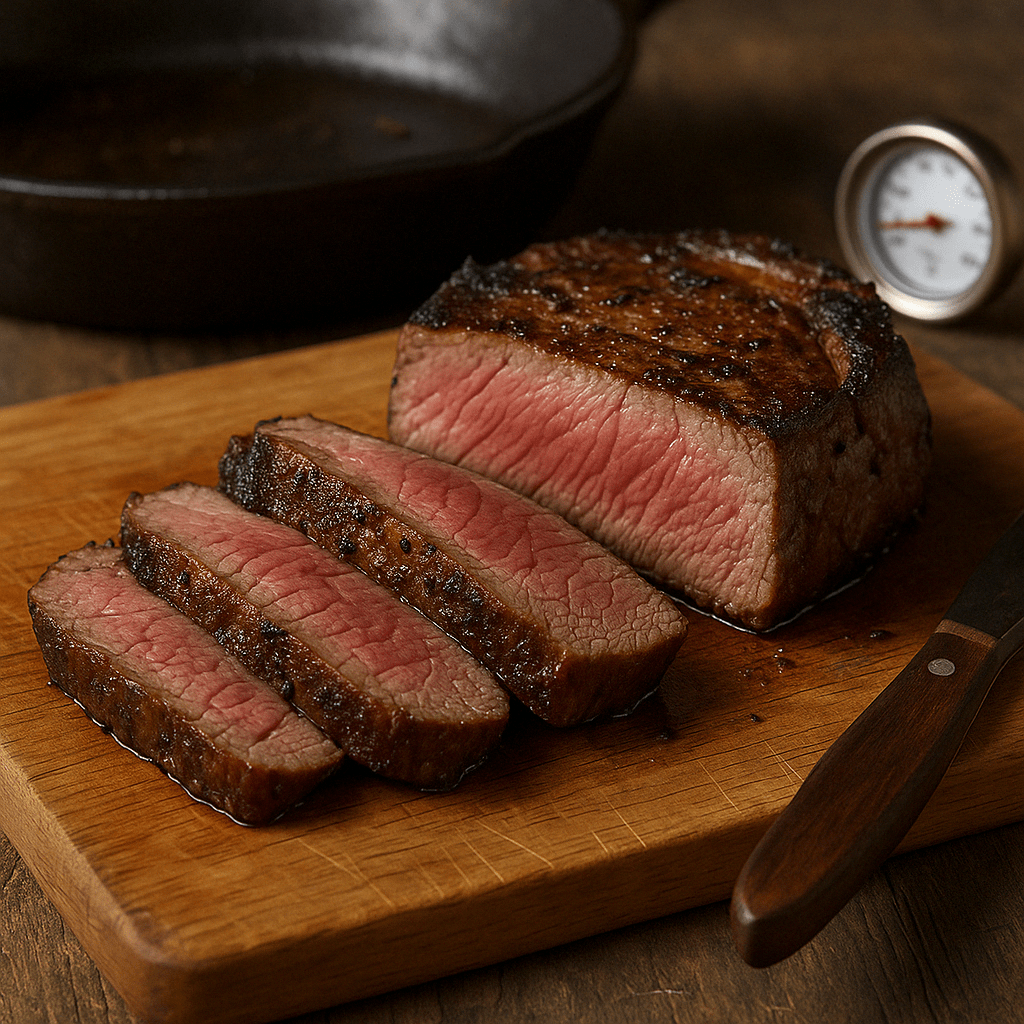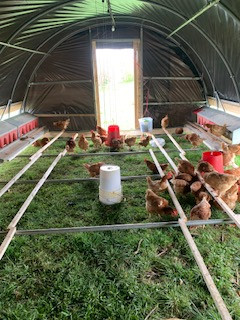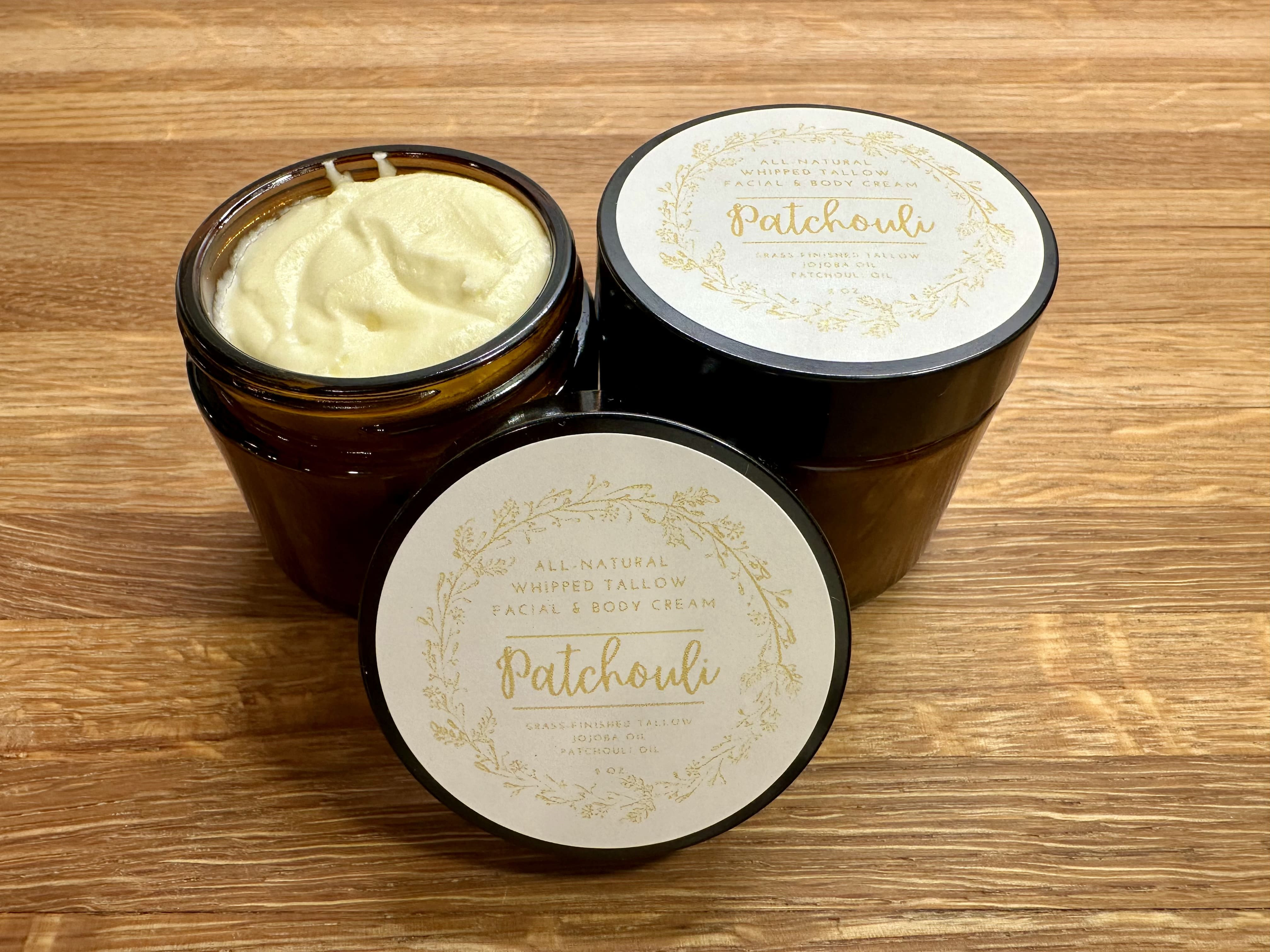Discovering the Source: Understanding what our pasture-raised hens eat at Cedar Valley Farms!
posted on
April 17, 2024
On our farm, we try to be as tranparent as possible because we believe it’s important to know where your food comes from and to have a connection with it. Knowing where your food comes from is as important as taste and nutritional benefits.
In this article we tend to take you on a deep dive of the origins of our pasture-raised eggs and right into the heart of our green pastures and what make them so unique. You will learn how we can make our pastures so vibrant that feed the system as well as feed the animal and which ultimately feeds you. It’s a beautiful cycle almost like it was made to do that.
Your time is important so we want to get right into the article so you will be able to make more informed decisions the next time you find yourself strolling down the egg case at your local grocery or maybe even on our online store.
Understanding the Pasture-Raised Chicken Diet!
Pasture-raised chickens are privileged with the freedom to roam and explore their natural environment. Unlike conventionally raised chickens confined to cages or indoor pens, pasture-raised chickens have the opportunity to express their natural behaviors, including foraging for food. This freedom not only promotes the chickens' physical and mental well-being but also significantly influences the nutritional quality of their diet. To see the difference between all of the labels at the grocery check out our label guide.
Natural Foraging Instincts:
Chickens are natural foragers, instinctively seeking out a diverse range of foods to meet their nutritional needs. In a pasture-raised setting, these instincts are fully expressed as chickens peck, scratch, and explore their surroundings in search of food. This behavior allows them to access a variety of natural sources of nutrition, contributing to a more balanced and wholesome diet.
Access to Diverse Foods:
Pasture-raised chickens have access to a wide array of food sources within their environment. They graze on grasses, weeds, and herbs, which provide essential vitamins, minerals, and antioxidants. Additionally, they feast on insects such as grasshoppers, worms, and beetles, which are rich sources of protein and essential fats. This diverse diet mirrors the natural diet of wild chickens, ensuring that pasture-raised birds receive a nutritionally complete meal.
Seasonal Variations:
One of the unique aspects of the pasture-raised chicken diet is its seasonal variability. As the seasons change, so too do the available food sources in the pasture. Chickens adapt to these changes by adjusting their foraging behavior, and consuming different plants, insects, and seeds based on seasonal availability. This seasonal variation adds richness and complexity to their diet, further enhancing the nutritional content of their eggs.
Role of Pasture Management:
Effective pasture management plays a crucial role in supporting the dietary needs of pasture-raised chickens. By rotating pastures and managing vegetation growth, farmers can ensure that chickens have access to fresh, nutrient-rich forage throughout the year. This sustainable approach not only benefits the chickens but also promotes soil health and biodiversity on the farm.
Impact on Egg Quality:
The natural diet of pasture-raised chickens has a direct impact on the quality of their eggs. Eggs from pasture-raised chickens are often characterized by vibrant yolks and firm whites, reflecting the richness and diversity of their diet. Moreover, these eggs tend to have a superior flavor profile, with nuances that reflect the chickens' foraged diet.
In summary, understanding the pasture-raised chicken diet is key to appreciating the nutritional benefits of eggs produced in such environments. By allowing chickens to express their natural behaviors and forage for a diverse range of foods, we not only support their well-being but also enjoy eggs that are truly exceptional in taste and nutritional value. Pasture-Raised is optimal when choosing the egg to feed your family but as i covered in a previous blog post not all pasture raised is the same.
Benefits of a Varied Pasture-Raised Chicken Diet!
A diverse and varied diet is not only essential for human health but also plays a crucial role in promoting the well-being of pasture-raised chickens. In their natural environment, these birds have the opportunity to explore a wide range of foods, resulting in a diet that is rich in nutrients and flavors. Here are some key benefits of a varied diet for pasture-raised chickens:
1. Enhanced Nutritional Profile:
A varied diet ensures that pasture-raised chickens receive a wide array of essential nutrients, including vitamins, minerals, proteins, and fats. By foraging on a diverse range of plants, insects, and seeds, chickens can meet their nutritional requirements more effectively than if they were limited to a single type of feed. This abundance of nutrients contributes to the overall health and vitality of the birds, supporting their immune function, egg production, and overall well-being
2. Improved Gut Health:
The diverse range of foods available to pasture-raised chickens promotes a healthy and balanced gut microbiome. Different types of plants, insects, and seeds contain unique fibers and compounds that nourish beneficial gut bacteria, promoting digestive health and nutrient absorption. A healthy gut microbiome is essential for chickens to efficiently extract nutrients from their diet and maintain optimal health.
3. Behavioral Enrichment:
Foraging for food is a natural and instinctive behavior for chickens. In a pasture-raised environment, chickens have the opportunity to engage in this behavior to satisfy their hunger and curiosity. Providing chickens with a varied diet not only meets their nutritional needs but also enriches their lives by allowing them to express natural behaviors. This behavioral enrichment promotes mental stimulation and reduces stress, leading to happier and healthier chickens.
4. Superior Egg Quality:
The nutritional quality of the diet directly impacts the quality of the eggs produced by pasture-raised chickens. Eggs from chickens with access to a diverse range of foods often exhibit characteristics such as vibrant yolks, firm whites, and rich flavors. This is due to the higher levels of vitamins, minerals, and antioxidants present in the chickens' diet, which are transferred to the eggs, making them more nutritious and delicious for consumers.
5. Environmental Sustainability:
We come back to the point what is good for the birds is good for the soil. By encouraging chickens to forage on a diverse range of plants and insects, farmers can reduce the reliance on monoculture crops and synthetic inputs. This sustainable farming practice helps to maintain ecosystem balance, preserve biodiversity, and minimize the environmental impact of poultry production.
In conclusion, a varied diet is essential for promoting the health, well-being, and productivity of pasture-raised chickens. By providing chickens with access to a diverse range of foods, we not only support their natural behaviors and nutritional needs but also produce eggs of superior quality for consumers. Embracing the principles of diversity and sustainability in poultry farming is key to ensuring a healthier future for both chickens and humans alike.
As we conclude our exploration into the world of pasture-raised chickens and their dietary habits, it's evident that the key to their health and the quality of their eggs lies in the diversity of their nutrition. From foraging on lush pastures to feasting on insects and seeds, these birds enjoy a culinary journey that not only nourishes their bodies but also enriches their lives.
By understanding the importance of a varied diet for pasture-raised chickens, we unlock a treasure trove of benefits, both for the birds themselves and for those who enjoy their eggs. From higher levels of omega-3 fatty acids to vibrant yolks bursting with nutrients, the nutritional superiority of pasture-raised eggs is undeniable.
As we strive to promote the nutritional benefits of pasture-raised eggs and the natural diet of chickens, let's not forget the importance of keywords such as "pasture-raised chicken diet" and "nutritional benefits of pasture-raised eggs". By incorporating these keywords into our content, we not only enhance our visibility in search engine rankings but also educate and inspire others to embrace sustainable and ethical poultry farming practices.
So, the next time you savor a delicious pasture-raised egg, remember the journey it took from the pasture to your plate, and the vital role that diversity and natural nutrition play in its creation. Let's continue to support pasture-raised farming practices and nourish both our bodies and the planet in harmony with nature's bounty.






